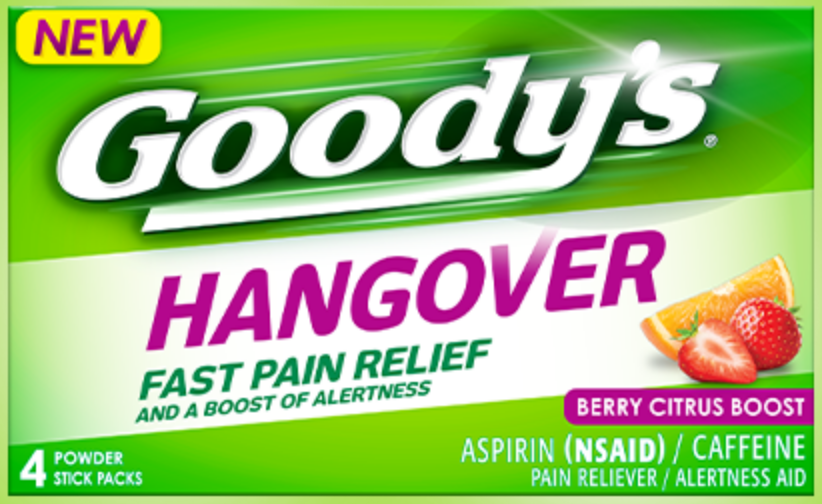
Alkaline Water Plus
Are there really any benefits to drinking alkaline water?
Lumosity will pay $2 million back to customers to settle federal charges it deceived consumers with unfounded claims that its brain games could help improve mental performance.
|
UPDATE: Lumos Labs, which markets Lumosity, agreed to pay $2 million in redress to customers to settle FTC charges that the company deceived consumers with unfounded claims that the brain games could help them perform better at work and in school, reduce cognitive impairment associated with aging, and even protect against Alzheimer’s and dementia. The agency alleged the company failed to disclose that consumers featured in testimonials had been solicited through contests that promised prizes. What follows is TINA.org’s original alert about Lumosity.
We’ve seen ads for Lumosity, a subscription brain-game website that claims its service will help you “improve your brain performance and live a better life,” on television and online. In the ads, hip-looking attractive people of all ages (as portrayed by actors, notes the fine print) credit Lumosity with bettering their brains. But can playing Lumosity’s games, “designed by neuroscientists to improve core cognitive functions,” really help your grey matter?
Science seems to say “maybe, maybe not.” While Lumosity’s website provides links to 15 studies that they say support the better brain claims, the Guardian has reported that such games may be no more effective than crossword puzzles and that brain training games make users better at the games themselves but not much else. In other words, it’s unclear whether such brain games improve your brain’s overall performance, or whether over time you get better only at the games.
We’re not sure how effective Lumosity is, but claims that these sorts of brain games can improve your mind’s performance seem up for debate.
For more about brain claims, click here.
This alert was updated on 1/5/16.
Our Ad Alerts are not just about false and deceptive marketing issues, but may also be about ads that, although not necessarily deceptive, should be viewed with caution. Ad Alerts can also be about single issues and may not include a comprehensive list of all marketing issues relating to the brand discussed.
Are there really any benefits to drinking alkaline water?
This year reader tips led to dozens of ad alerts, as well as a complaint to regulators.
What you need to know about this purported hangover remedy.

